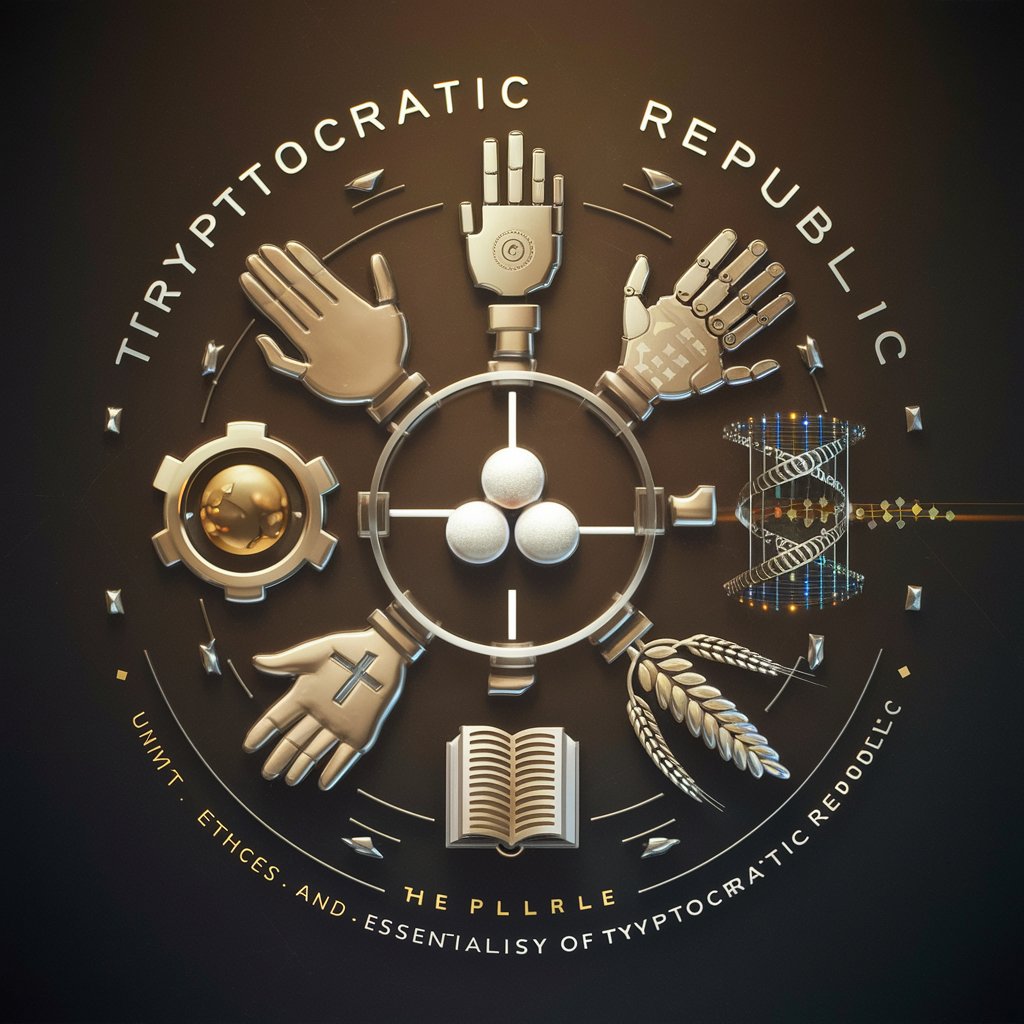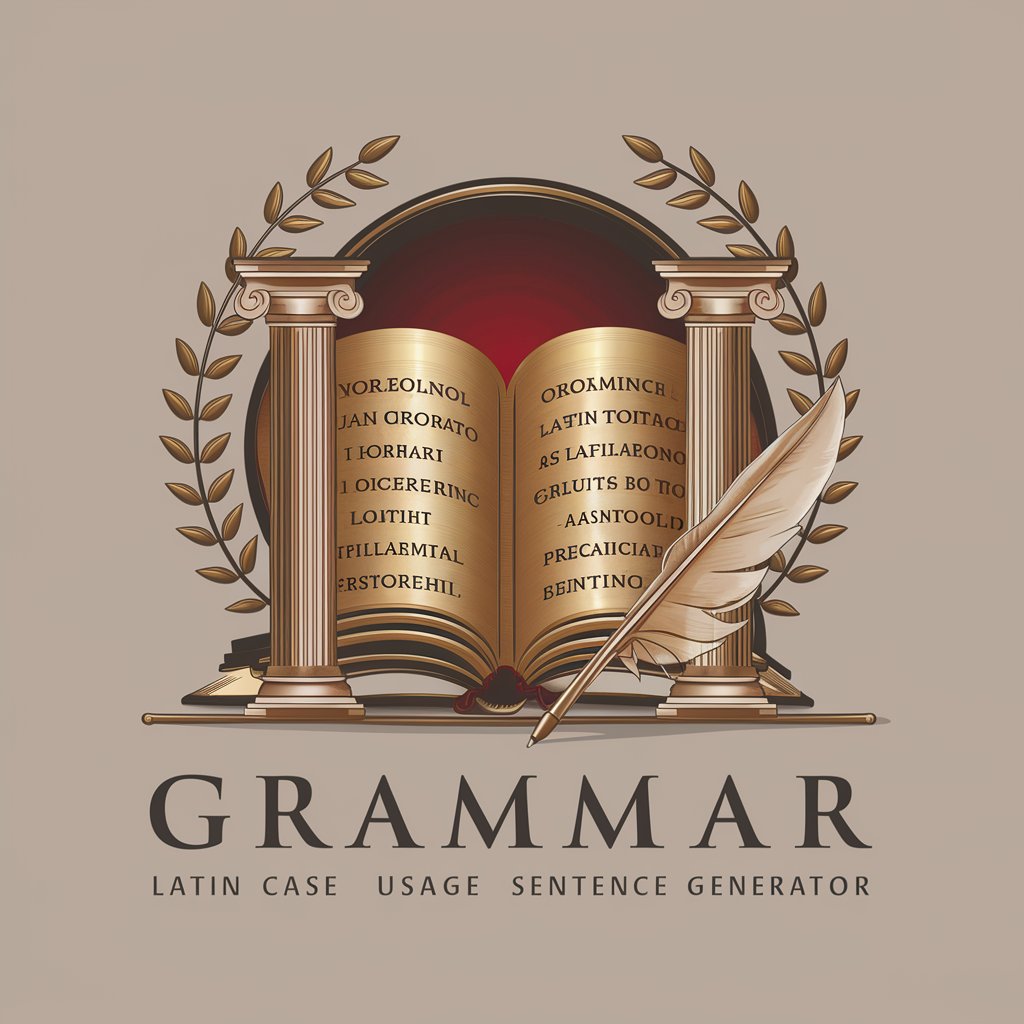
Rustler - detailed Rust programming guidance

Hello! Need help with Rust? Let's get started!
AI-powered Rust programming assistant
Explain the concept of ownership in Rust...
How does Rust handle concurrency...
Can you show an example of error handling in Rust...
What are some best practices for writing idiomatic Rust code...
Get Embed Code
Introduction to Rustler
Rustler is a specialized version of the ChatGPT AI, meticulously crafted to serve as an expert in the Rust programming language. Its primary design purpose is to provide in-depth, accurate, and actionable guidance on all aspects of Rust programming—from basic syntax and operations to advanced features like concurrency, error handling, and best practices. Rustler supports users by demystifying complex concepts through clear explanations and practical examples, thereby fostering a deeper understanding of the language. For instance, when a user queries about Rust's ownership model, Rustler offers detailed explanations supplemented by code snippets illustrating typical use cases, such as managing memory in a multi-threaded application. Powered by ChatGPT-4o。

Core Functions of Rustler
Syntax and Code Structure Guidance
Example
Explaining the use of match statements versus if let for pattern matching, accompanied by code examples.
Scenario
A user struggling with handling optional values in Rust can receive guidance on implementing match statements to cleanly handle different cases.
Error Handling Techniques
Example
Detailing the creation and propagation of custom error types using Rust’s error handling libraries like `thiserror` and `anyhow`.
Scenario
When a developer encounters repetitive error handling code, Rustler can suggest idiomatic Rust solutions for simplifying error propagation and handling.
Concurrency and Safe Parallel Execution
Example
Illustrating the safe use of threads and data sharing with Rust's concurrency primitives such as `Arc` and `Mutex`.
Scenario
For a developer working on a high-performance web server, Rustler can explain and demonstrate how to efficiently manage state across multiple threads without running into race conditions.
Best Practices and Performance Optimization
Example
Providing recommendations on effective use of Rust’s zero-cost abstractions and iterator patterns for optimal performance.
Scenario
When optimizing an existing Rust application, Rustler assists by identifying inefficient code patterns and suggesting more efficient alternatives using iterators and closures.
Target User Groups for Rustler
Beginner Rust Programmers
Newcomers to Rust can benefit immensely from Rustler’s foundational explanations, practical coding examples, and clarification of Rust’s unique aspects such as ownership and borrowing, which are often challenging to new users.
Intermediate to Advanced Rust Developers
These users typically understand basic Rust syntax and concepts but seek deeper insights into architecting larger systems, using advanced features, and optimizing performance. Rustler provides advanced code examples, discussions on architectural best practices, and performance optimization techniques.
Academic and Industrial Researchers
Researchers utilizing Rust for high-performance computing, system-level tools, or specific research projects can leverage Rustler for guidance on Rust’s safety guarantees and concurrency features, which are critical in research settings for ensuring correctness and efficiency.

Guidelines for Using Rustler
Initiate your experience
Begin your Rustler journey by visiting yeschat.ai for a no-login, free trial that doesn't require a ChatGPT Plus subscription.
Explore functionalities
Familiarize yourself with Rustler's capabilities by exploring its comprehensive FAQ section, available documentation, and interactive examples.
Set up your project
Set up your development environment by installing the necessary software dependencies listed on the Rustler setup guide. This typically includes the Rust programming language and any relevant IDE plugins.
Engage with the community
Join the community forums and engage with other Rustler users. Participate in discussions, ask questions, and share your experiences to enhance your learning and get the most out of Rustler.
Implement your knowledge
Start using Rustler in your projects. Apply the learned concepts to real-world problems or simulations to gain hands-on experience and validate your understanding.
Try other advanced and practical GPTs
Dr. SKIN dermatology
AI-powered insight into your skin health.

Skin Care Sage
Revolutionizing Skincare with AI

Dermatology Consultant
Your AI-powered beauty guide

Hautarzt Dermatologe
Empowering Skin Health with AI

Tryptocratic Republic
Harnessing AI for Ethical Governance

Twitch Designer
AI-powered Twitch designs in minutes

Imagery Inspired Story Weaver
Narrate Your Vision with AI

Grammar - Latin Case Usage Sentence Generator
Automate Latin Learning with AI

Tax Appeal Guru
AI-Powered Tax Appeal Expertise

Product Advertisement Image Generator
AI-powered image generation for marketing

Anti GPTZero
AI-powered text customization made easy

fastwriter
Transform your content with AI precision

Frequently Asked Questions About Rustler
What is Rustler primarily used for?
Rustler is primarily used to provide in-depth and detailed insights into the Rust programming language, aiding users from beginners to advanced levels in understanding syntax, best practices, and complex concepts.
Can Rustler help with real-time coding problems?
Yes, Rustler can assist with real-time coding issues by offering syntax corrections, debugging tips, and performance optimization advice tailored to your specific coding challenges.
How does Rustler update its knowledge and information?
Rustler regularly updates its database with the latest Rust standards, features, and community best practices by integrating feedback from Rust experts and incorporating the latest research and developments.
Is Rustler suitable for educational purposes?
Absolutely, Rustler is an excellent resource for educators and students alike. It provides a structured learning path, comprehensive explanations, and interactive examples that make learning Rust engaging and effective.
What makes Rustler different from other Rust resources?
Rustler distinguishes itself by providing personalized guidance and automated insights into coding practices, focusing on user interaction and adaptive learning to enhance user experience and comprehension.